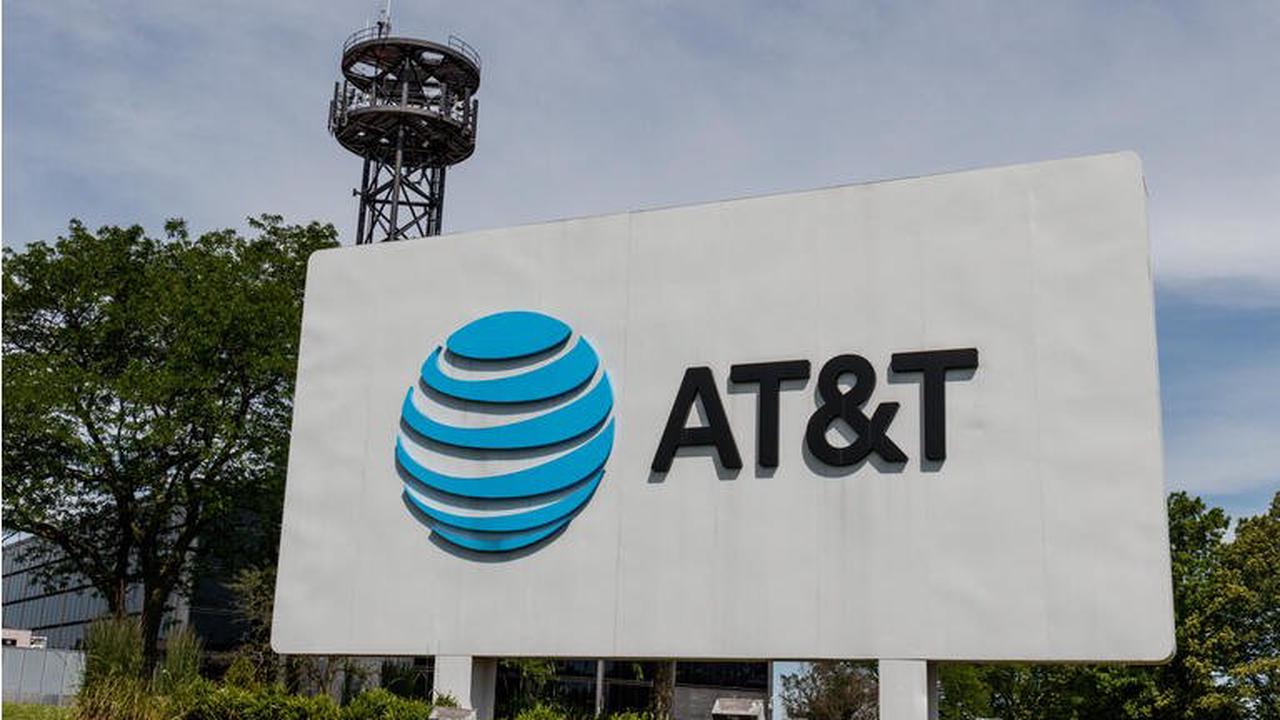
By Glory Mar, 04, 2022 Stock Spinoff
Media giant, AT&T has
finally decided to structure its divestiture as a spinoff of its holding in
WarnerMedia, rather than an earlier proposed spilt-off, according to the
decisions made by its board of Directors.
CEO John Stankey told
CNBC that the spin-off would be tax-free and would prevent “leakage” of value.
“To execute a split,
especially one of this size, it would require some value leakage to execute
that and actually get the shares placed,” said Stankey last week. “I’m not sure
I’m really a big fan of that value leakage dynamic right now and being second
guessed on it.”
The transaction will
result in the pro-rata distribution of AT&T's equity in WarnerMedia to
AT&T's existing shareholders, followed by the merging of WarnerMedia with
Discovery to establish "Warner Bros. Discovery." The acquisition is
likely to close in the second quarter of 2022, compared to AT&T's original
aim of "mid-2022."
The conglomerate's
shareholders will own 71% of the new company and will receive 0.24 shares for
every AT&T share they hold. After the transaction concludes, AT&T will
have 7.2 billion diluted outstanding shares.
The stock of AT&T was
down roughly 4% on Tuesday morning.
The company also said on
Tuesday that its board of directors approved a post-close annual dividend of
$1.11 per AT&T share to account for the distribution of WarnerMedia to
AT&T shareholders and to keep the annual dividend payout at around 40% of
estimated free cash flow. This will allow AT&T to "invest in attractive
growth possibilities" such as 5G and fiber, according to the corporation.
Although the plan to
unravel AT&T's $85 billion acquisition of Time Warner was announced early
last year, some financial specifics were not revealed until Tuesday. AT&T
stated that the spin-off will be completed in the second quarter of 2022.
On AT&T's Q4 earnings
call last week, CEO John Stankey indicated the board was still debating to
either spin off WarnerMedia or split off the company, A spinoff would give
AT&T's shareholders pro-rata shares in the new WarnerBros, Discovery
company, while a split-off would allow them the option to exchange AT&T shares
for stock in WarnerMedia-Discovery. On the Q4 results call, Stankey said there
were "benefits and drawbacks to going with either a spin or a split."
A split-off would have essentially been AT&T's equivalent of a big stock
buyback.
The risk of a split-off,
according to analysts, was that AT&T's large investor base would not want
to hold a piece of WarnerMedia-Discovery. The new WBD is projected to keep
investing tons of cash in its streaming plan, putting a strain on earnings.
Furthermore, if only a small percentage of AT&T stockholders chose to
exchange their telco shares for WBD shares, the desired result of considerably
lowering AT&T's outstanding shares would not be achieved.
“In evaluating the form
of distribution, we were guided by one objective — executing the transaction in
the most seamless manner possible to support long-term value generation,” Stankey
said in a statement Tuesday. “We are confident the spin-off achieves that
objective because it’s simple, efficient and results in AT&T shareholders
owning shares of both companies, each of which will have the ability to drive
better returns in a manner consistent with their respective market
opportunities.”
Tags: AT&T Warner Bros Discovery WarnerMedia Spinoff Splitoff Stock Market
Share On Facebook Twitter Linkedin Whatsapp Telegram
Categories
Latest Post
- Nigeria Taps Global Markets with $2.25B Eurobond Sale
- Boeing Shares Rise as CEO Confirms China Deliveries to Resume Next Month
- STOCK SPOTLIGHT: UNION HOMES REAL ESTATE INVESTMENT TRUST (UHREIT)
- Nvidia Q1 2025 Earnings Report Summary
- 📉 U.S. Market Summary – May 28, 2025
- CBN Launches New Financial Tools to Boost Nigeria’s Non-Interest Banking Sector! ✨
- Market Watch: Key Updates as Wall Street Awaits Nvidia and Salesforce Earnings
- U.S. Equity Markets Rally as EU Tariff Deadline Is Extended and Consumer Confidence Surges
- Things to Know Before the U.S. Stock Market Opens
- What to Expect in the Markets This Week (May 27–31)

Start investing with Acorns today! Get $5 when you use my invite link: Z24WWE
